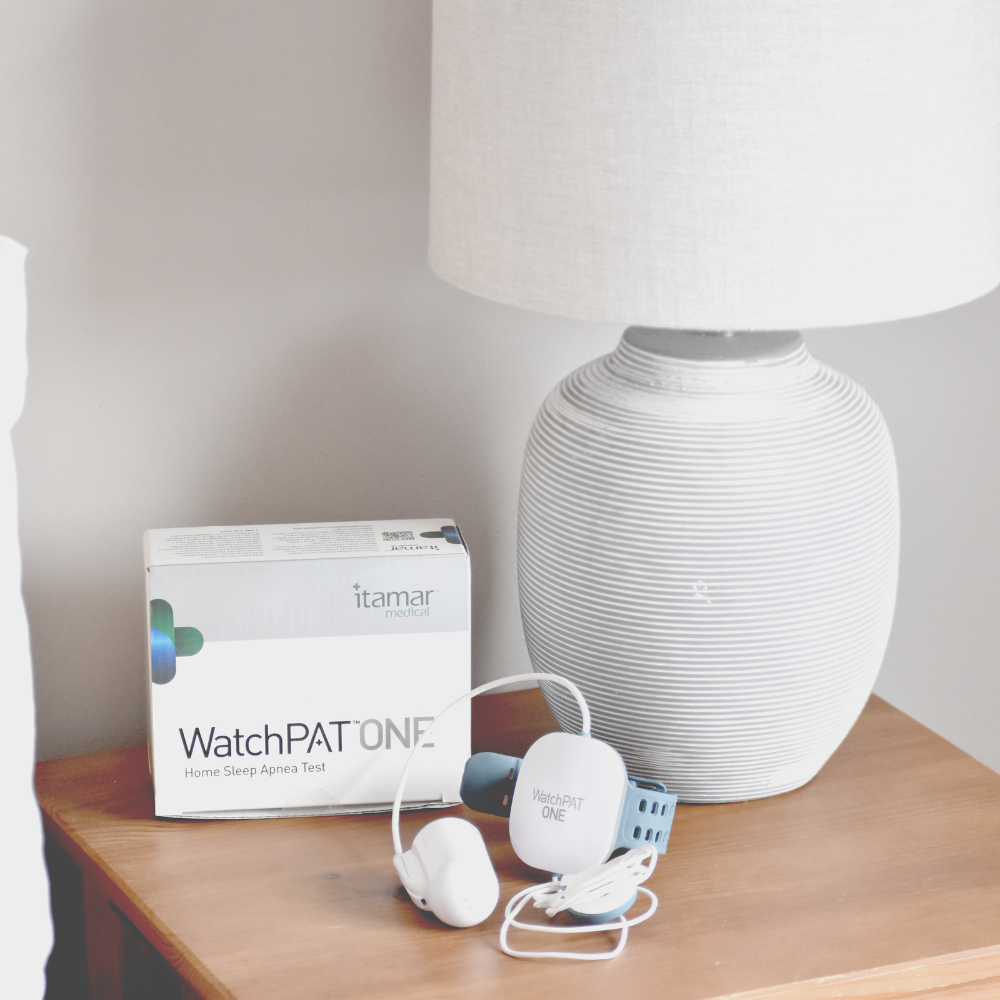Fact Checked
Intus Healthcare’s writers, customer service team, and sleep experts review and ensure this information is accurate.
Last updated on March 31st, 2025 at 11:23 am
It is easy to write off a disturbed night’s sleep or a feeling of constant tiredness throughout the day as a by-product of a busy lifestyle. Yet sleep is so critical to your overall physical and mental health.
We should ideally get between 7 and 8 hours of sleep each night; if we don’t, we tend to be out of sorts the next day to varying degrees.
This article will explain some reasons why you can’t sleep properly at night, even when you’re tired.
Table of Contents
Why am I always tired?
Fatigue and difficulty sleeping can be due to a combination of reasons, including underlying health conditions.
Most of the time, home remedies and lifestyle adjustments can help you fall asleep at night.
Deficiencies
Being deficient in specific nutrients can lead to a lack of energy, making you feel constantly tired. Deficiencies linked to tiredness include:
- Iron
- Vitamin B12
- Vitamin D
- Vitamin C
- Magnesium
If your healthcare provider discovers your fatigue is due to a nutrient deficiency, they may suggest you change your diet or take a supplement.
Stress
Chronic stress can make your body feel run down and tired, impacting your mental state and physical energy levels. Pressure at work or home can lead to constant anxiety and exhaustion, draining your energy and leaving you worn out.
You may feel that no matter how much you try to relax and how much sleep you get, you’re still tired and run down.
Tips to help reduce stress-related fatigue
- Identify the source of your stress: Getting to the root cause and understanding why you feel this way allows you to begin to make changes and find ways to cope.
- Set boundaries: You can make changes in your life to try and control the limit of your stress. For example, this may include learning to say no to any extra workload and turning off your laptop when switching back to your home life. Setting boundaries helps your brain to wind down from the stress.
- Practice relaxation techniques: You can try various relaxation techniques to help clear your mind and decrease stress. Mindfulness, yoga, and meditation are all exercises you can use to improve your energy, reduce your stress and set yourself up for a good night of sleep.
- Take care of your body: Eating a balanced and nutritious diet, regularly exercising, and making time for what makes you happy are all things you can do to take care of your body and limit stress.
Poor diet
Although you may feel like eating your favourite comfort foods helps you feel better, it can do the opposite. Certain foods will decrease energy and make it hard to sleep, concentrate and perform at your best.
When the body does not receive enough calories and nutrients, it can trigger tiredness.
Foods that can make you tired
- Processed foods
- Foods high in sugar
- Caffeinated drinks
- Alcohol
- Fried food
Eating a healthy and balanced diet can help reduce fatigue and make sleeping easier.
It is also important to note that, like your diet, your hydration levels affect your energy throughout the day.
Medical conditions linked to constant tiredness
Certain health conditions are linked to problems with sleeping and energy levels.
Hypothyroidism
The thyroid is a small gland that sits across the front of the windpipe and helps control growth and metabolism. Hypothyroidism is a thyroid disorder that causes the thyroid to be underactive, limiting the amount of hormone the body produces.
Feeling tired is a common symptom of the condition as the thyroid hormone helps to control energy balance and influence when you feel tired.
Other symptoms of hypothyroidism:
- Weight gain
- Sensitivity to cold
- Dry skin
- Brittle hair
- Constipation
Speak to your healthcare provider if you have these symptoms so that the condition can be addressed.
Diabetes
Diabetes is a condition that causes unbalanced blood sugar levels, and the body does not make enough insulin or can’t effectively use the insulin it makes.
Insulin is a hormone that moves sugar from the blood into the cells for energy.
When left untreated, it can disrupt sleep; this is due to:
- Low blood sugar: This can lead to daytime sleepiness and irregular sleeping patterns.
- High blood sugar: This can make it harder to fall asleep and cause frequent nighttime awakenings to urinate.
Obstructive Sleep Apnoea
Obstructive Sleep Apnoea (OSA) is a condition which interrupts sleep. This relatively common condition is not that well known and often goes undiagnosed.
Someone with OSA will experience a narrowing or closing of the airway while sleeping, affecting their breathing. The airway closure causes repeated breathing pauses during sleep. The severity of OSA can vary from a few times a night to hundreds of times, causing the sufferer to keep waking up as they regain their breath.
For many people with Sleep Apnoea, their partner often points out the symptoms, such as:
OSA, headaches and constant tiredness
OSA sufferers will often wake with a headache, a dry mouth or a sore throat. They will constantly feel tired throughout the day, which can be convenient to explain away by pointing at a hectic lifestyle. The constant waking at night may only be for a few seconds at a time, but such interruptions are enough to make concentrating on complex tasks during the day, make you irritable and lead to a short attention span.
Anyone can suffer from this sleep disorder, although it is more prevalent in men. Being overweight and having a large neck size also puts you at a higher risk. Of course, any of these signs could still be caused by another issue, yet whatever is causing your continuous tiredness and lack of sleep should not be ignored.
Fortunately, an in-home sleep test for Sleep Apnoea can help you determine if you suffer from this sleep disorder.
In-Home Testing
If you are suffering from OSA, you can order the Intus in-home test, which is quick and easy to use. These tests are done in our home, and the required equipment has been sent to you.

Home Sleep Apnoea Test
The test monitors your heart rate, snoring intensity, blood oxygen levels, body positioning, and more, providing accuracy comparable to testing used in sleep clinics for in-depth sleep analysis.
The simple-to-use test takes just one night to complete, and results are returned within two working days after completion.
Our experienced NHS-qualified sleep professionals independently analyse all studies, providing follow-up advice and support.
Summary
Feeling tired occasionally is normal, but feeling constantly tired and having difficulty getting quality sleep is a sign of an underlying condition.
If you are experiencing exhaustion, contact your healthcare provider to understand the root cause.
We are specialists in the field of Sleep Apnoea; if you think you could have your sleep condition, take our home sleep test. The test is simple, and we will return your results within two working days.
About Our Editorial Team
Danni is a degree-educated content writer passionate about helping those with Sleep Apnoea sleep better; she works closely with our clinical and customer care teams to ensure that each article is thoroughly researched and accurate.
Her writing aims to inform, support, and advise readers about Sleep Apnoea, helping to raise awareness and promote effective treatment options.
She has written many health-focused articles, reaching hundreds of readers annually, to help people sleep better and live healthier lives.
Lateisha King is an experienced Sleep Clinician with advanced training in polysomnography and respiratory health.
With over six years of experience, including at the prestigious Guy’s and St Thomas’ NHS Foundation Trust Hospital, she has conducted and reviewed more than 500 diagnostic sleep studies.
Her expertise in sleep science ensures that all articles align with the latest data and treatment protocols, providing readers with trustworthy and practical advice to improve their sleep health and overall well-being.
Published: May 27, 2019





